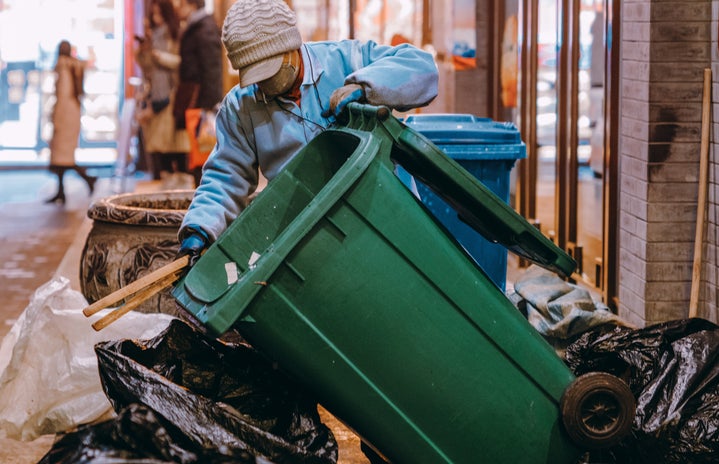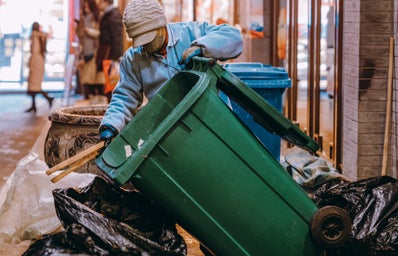Due to the high volume of consumption and the large population base in China, there have been insufficient measures on environmentalism from the government to balance out benefits on each side. However, after I came home last year, I realized that the local community had adopted new policies to improve the current environment through different aspects. It’s been pleasing to witness how Shenzhen, in a country that has barely won the reputation of being eco-friendly, could be a pioneer to conduct these measures.
1. Sustainability
It has been the biggest surprise for me when I came home and ordered takeout. The government asked all the restaurants to charge on disposable tableware for all meals, even for dine-in options. For example, McDonald’s no longer provided plastic forks and spoons for free along with your ice cream anymore. For drinks, most businesses replace plastic straws with paper straws and replace tissue with a tablecloth. In any kind, the hotel business and residence shall not actively provide consumers with one-off daily necessities in guest rooms. Commodity retail operators will not provide consumers with plastic shopping bags for free.
2. Regulations on Recycling

3. Transportation
With the normalization of electronic payments, people in Shenzhen now can use QR codes to enter the train and metro. The administrative propaganda includes opening up more lines for the metro in remote areas to replace traditional driving routes. Electric cars and hybrid cars are a hit for local communities since the government gives out hundreds of dollars to encourage low carbon emissions. There is no need to wait for the license plate registration if you purchase e-cars.
4. Social Media Heat!
The trend #amibetterthaneveryone has been viral, which is a challenge that calls for people to post about their eco-friendly decisions and announces: “Am I better than everyone?” Anyone who’s on TikTok could record their videos and pass on the challenge. I’ve seen big icons talking about their reusable products, like when we bring our cups, bags, and straws to the counter. With the psychological implications, the campaign will attract more and more attention and have people join in with less carbon footprint.


